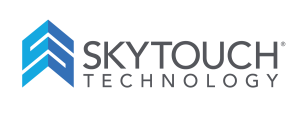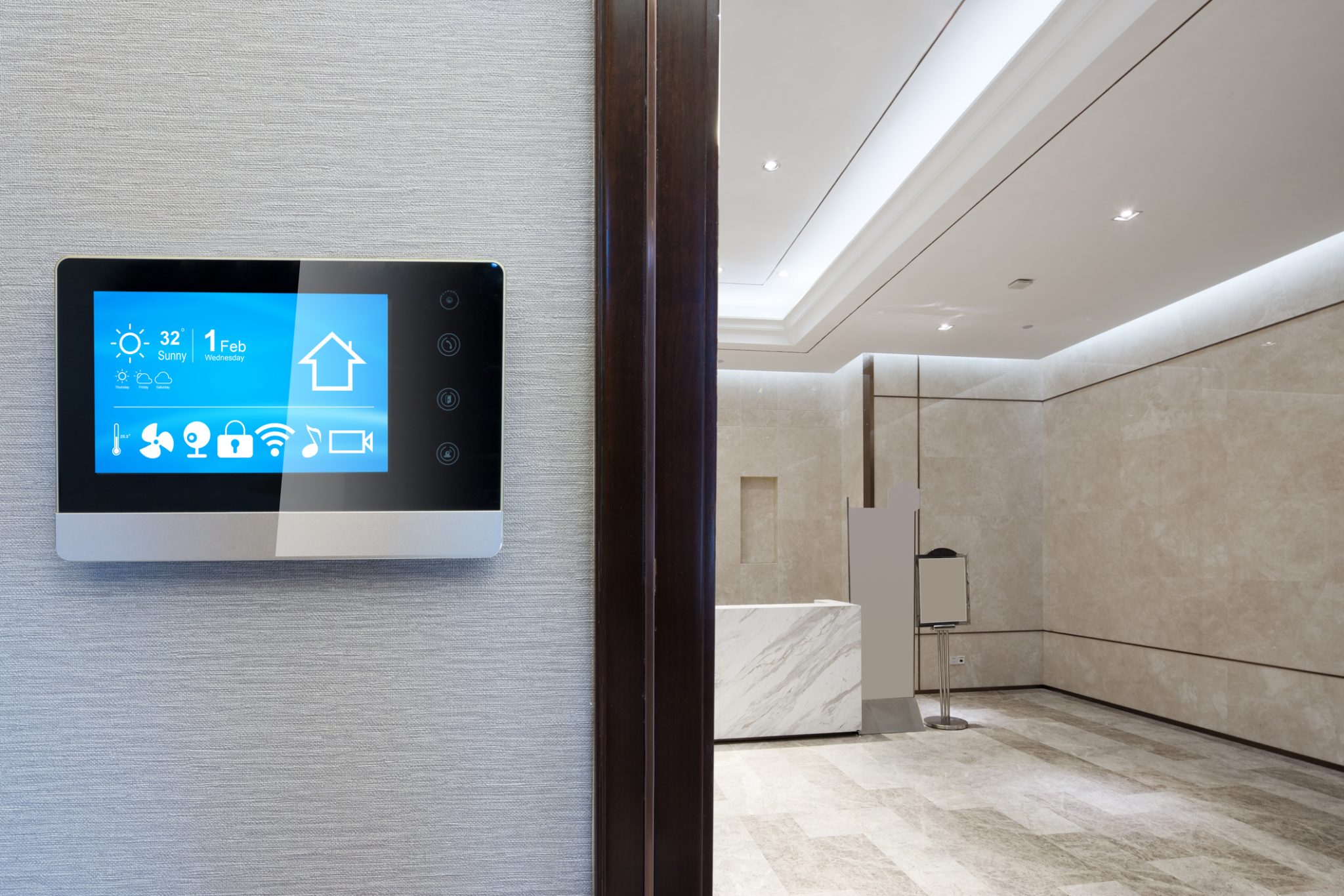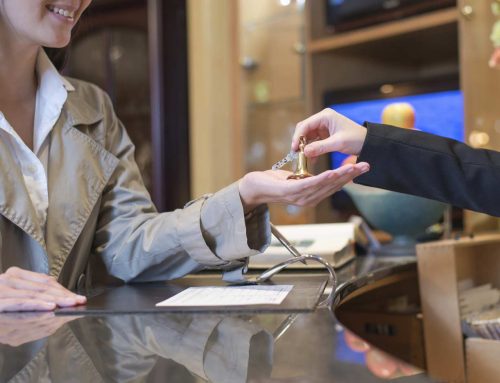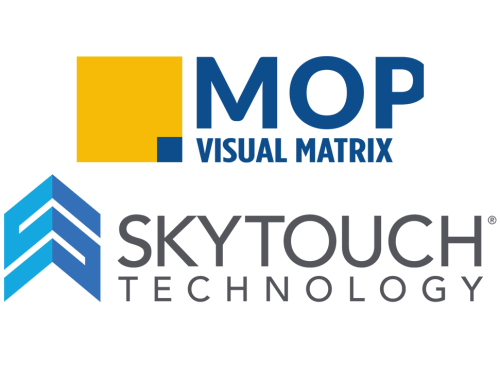Be warned. Not every hotel industry technology is long lasting. For every one that sticks, many more quickly fade into obscurity. Remember in-room fax machines? Keyboards for in-room TVs? Bathroom phones? When spending hard earned dollars, hoteliers must be sure their investment pays itself back many times over. Which can be tricky if you don’t own a time machine.
It’s why many executives, including major brand leaders, have traditionally taken a wait and see approach to technology investments. Now that is all changing. Experts see technology as both brand advantage and as a means to increase profitability. But, there are pros and cons to investing in technologies; especially those not yet in the mainstream.
Here is a look at some emerging technologies:
Virtual Reality – Virtual reality (VR) will predominantly serve as a marketing tool designed to excite and inspire people to visit a specific hotel. As travelers continue feeling time constrained, yet yearn for exceptional experiences, many will want to see what they will be getting before checking in. While VR can be used to increase consumer confidence, for now it seems it will serve the same function as property photography and 360-degree property tours do now.
Check-In Kiosks/ Mobile keys – Sure, a subset of customers love this opportunity, but it has yet to reach mainstream adoption. Plus, there are potential security vulnerabilities. Another issue some users may have: their smart phones running out of battery power prior to returning to their room. On the plus side, certain guests – business travelers in particular – like the convenience of skipping the front desk. However, some hoteliers feel this could lead to losing a very valuable customer touch point.
Internet of Things – This trend has been quietly building for the last five years. Think Apple Watch and Nest Thermostat; for hotels, this technology could be tied into hotel systems to create smart rooms that understand guest preferences or allow room controls from a personal device. Guests could potentially set room temperature from their watches, or the hotel itself might recognize a returning guest and turn on room systems preferences prior to the guest entering the room.
Hello, Alexa – The most well-known brand name within the digital assistant trend, Amazon’s Alexa leverages the power of artificial intelligence to make guest requests as easy as saying what you want. It is already installed at Wynn Resorts’ properties in Las Vegas, and Best Western is finding success with the product at its test hotel. The technology eliminates the need for people to learn a new interface, for example. In the past, early smart rooms required touch screens to perform functionality such as turning lights on or off, or opening and closing shades. This technology allows people to simply say what they want to happen, and it will. Expect the industry to adopt room voice command products during the next few years. When tied into programs like the SkyTouch Technology Experience Program (STEP), hoteliers will have opportunities to respond more quickly to guest requests that can then be stored and acted upon again in the future, by leveraging guest preferences for personalized person-to-person moments over subsequent stays.
Robots – Hoteliers love the idea of hotel robots. The notion of lower labor costs is very appealing, plus they’re pretty cool, and add to guest experience. But robots could also hamper guest experience if not deployed strategically. Behind the scenes, a robot that washes dishes, is a great idea. And yes, they are coming. But one that injects itself into the place of competent and knowledgeable people can potentially have a deleterious effect on customer service over time. At some points robots may not give you the marketing edge when every hotel has one. Plus, as people seek more travel related experiences, the human element can make a difference
Revenue Management – Hoteliers are not adopting this technology fast enough. There are still many property personnel doing it the old-fashioned way, in Excel for example. This could be due to the fact some hoteliers are out of their comfort zone when it comes to setting rates. Fortunately, this task can be automated to ensure your hotel is capturing the best rate every night. For example, the SkyTouch Hotel OS® has a feature for users to set automatic rate alert triggers for all days, or even specific days, such as during special events. The system automatically adjusts BAR levels based upon changes in actual occupancy, or number of rooms sold, while simultaneously limiting designated wholesale rate plans.
Overall, deciding to pull the trigger on new technology can be stressful since all are not created equal. But by paying attention to the trends and evaluating its advantages for your specific situation, you can adopt the right technology at the right time for your business.




